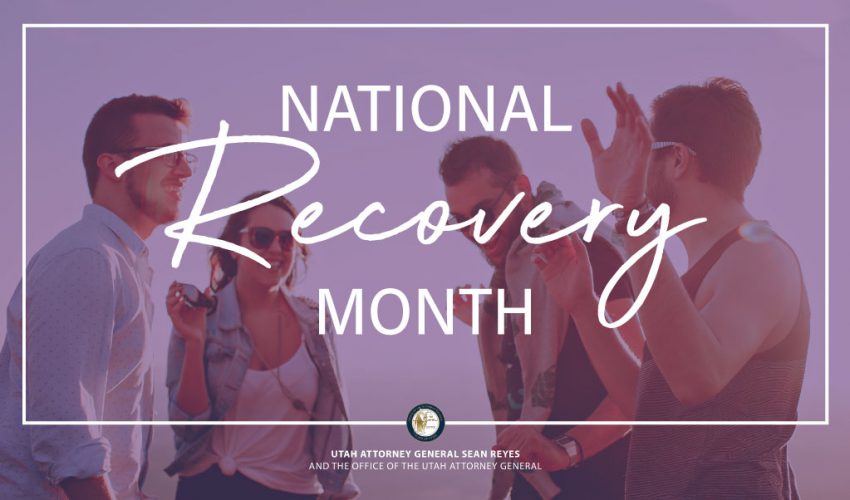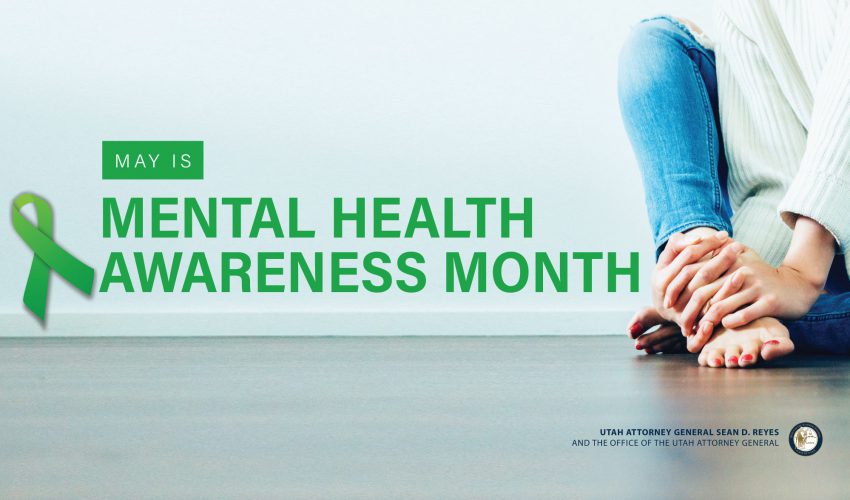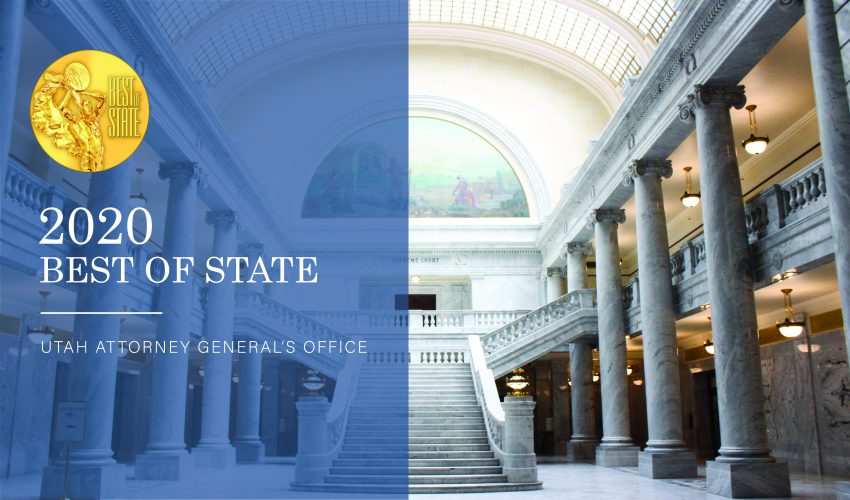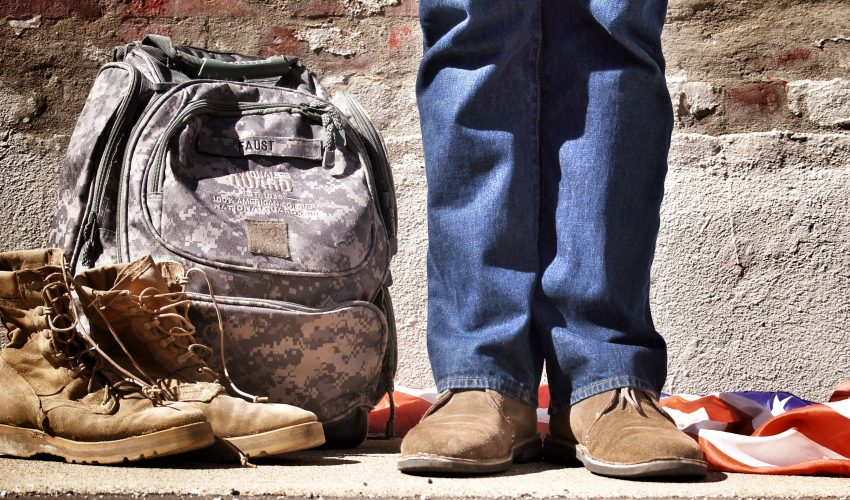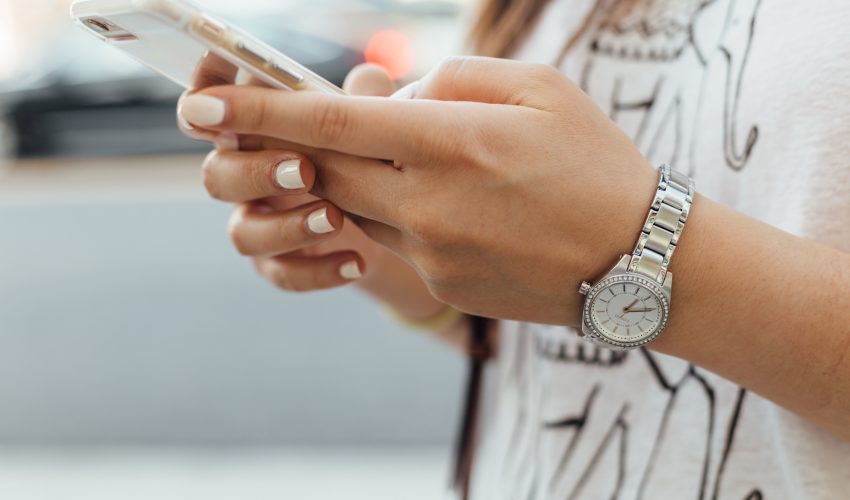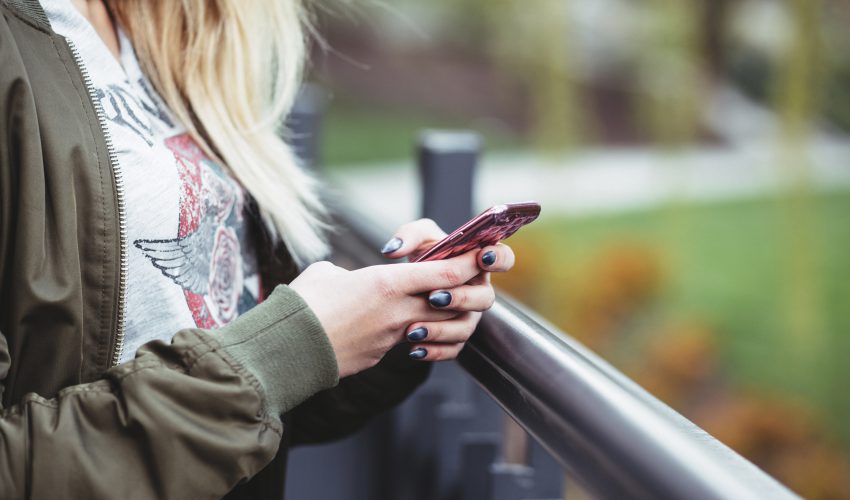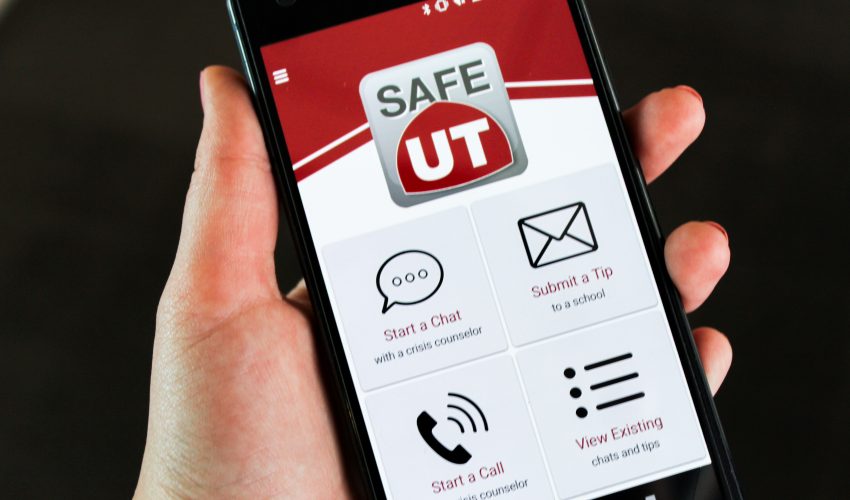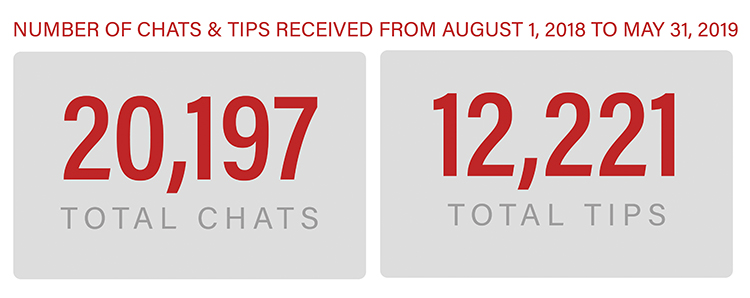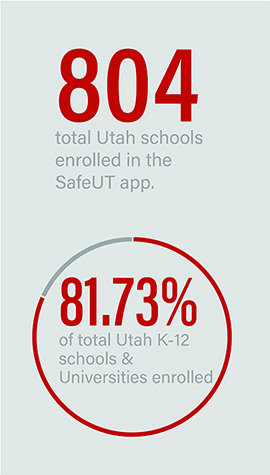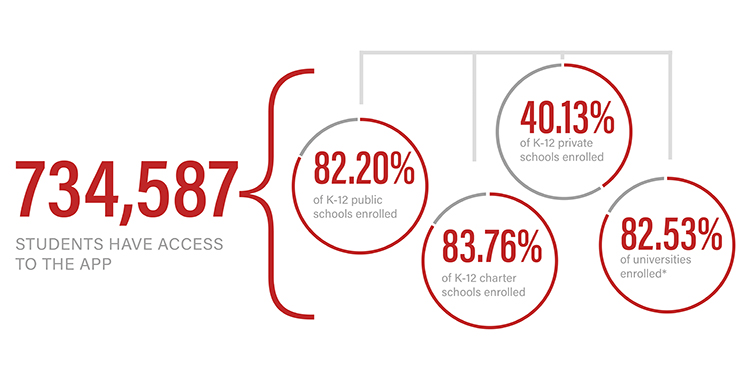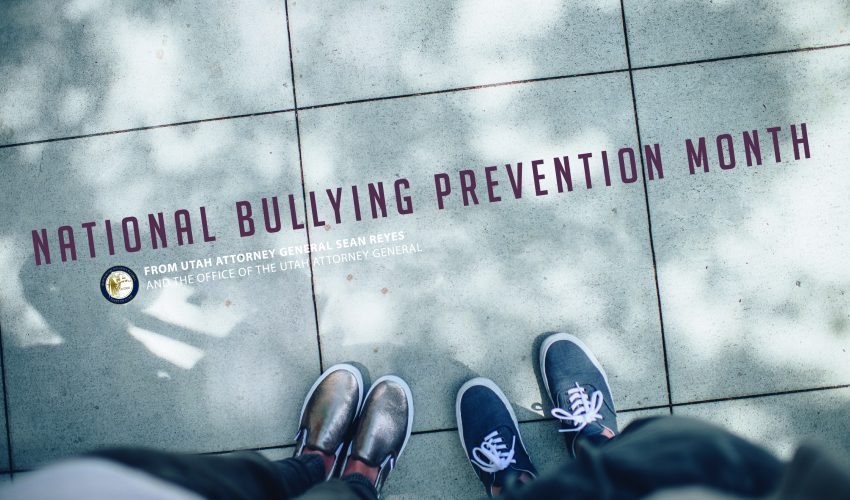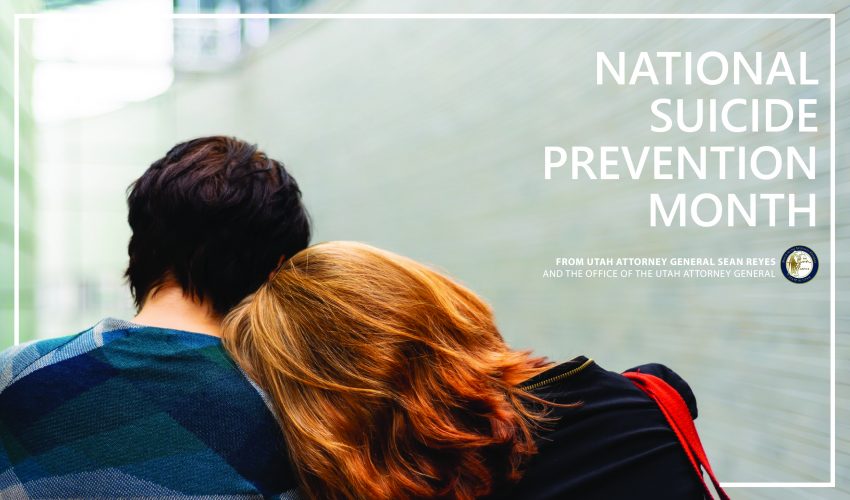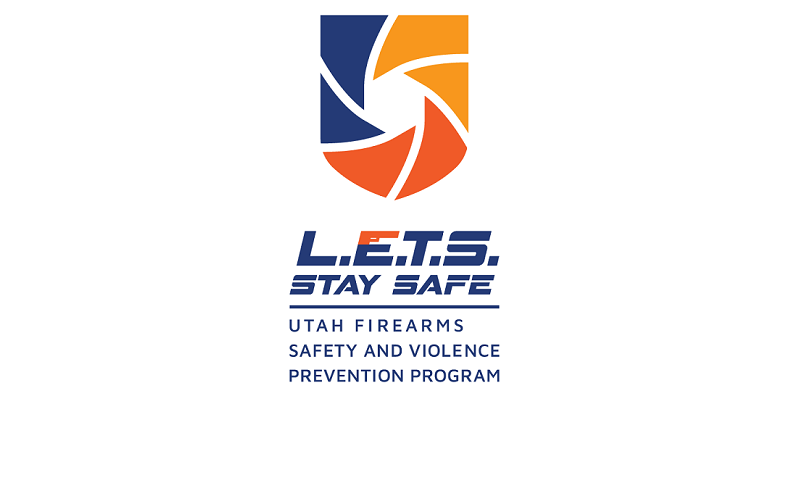September 25, 2020
Each September, we observe National Recovery Month to bring awareness to substance abuse resources and mental health services and celebrate the strides in recovery for those struggling with addiction. Below are some resources available:
Utah Naloxone
Naloxone (Narcan) reverses an opioid overdose if given in time, causing the effects of the opioid to reverse, which gives time for first responders to arrive. Naloxone is available in easy-to-use rescue kits that are legal to have and administer if you suspect someone is overdosing on opioids. Naloxone kits can be picked up from Salt Lake County libraries, no questions asked; from select pharmacies and physicians; and from Utah Naloxone. Contact Utah Naloxone at www.utahnaloxone.org.
Substance Abuse and Mental Health Services Administration (SAMHSA)
The Substance Abuse and Mental Health Services Administration (SAMHSA) under the U.S. Department of Health and Human Services provides a treatment locator for substance abuse/addiction and mental health problems. Find a treatment location near you here. Additionally, SAMHSA provided information, webinars, and events for Recover Month here.
Utah Division of Substance Abuse and Mental Health
The Utah Division of Substance Abuse and Mental Health provides local resources and services for Utahns including resources for addiction recovery, mental health, and prevention. For more information go here.
211 Utah
211 is a three-digit number that connects people to services they need such as mental health, addiction, housing, resources, etc. 211 is free, confidential, and can help you find assistance from organizations across Utah. For more information, go here or call 211.
Utah Support Advocates for Recovery Awareness (USARA)
Utah Support for Recovery Awareness (USARA) provides a peer-based recovery support system for those struggling with an addiction. Their services focus on the reality of long-term recovery from addiction to alcohol and other drugs from individuals and their families in Utah. For more information, go here.
Stop the Opidemic
Stop the Opidemic was created by the Utah Department of Health to provide information and resources for substance abuse. For more information and to view their list of resources including treatment centers and support, go here.
If you are struggling with your mental health, please reach out to the numbers and resources below:
- SafeUT – Download the free SafeUT app to message a crisis counselor. Available 24/7.
- National Suicide Prevention Lifeline – 1-800-273-TALK (8255). Available 24/7.
- Crisis Text Line – Text HOME to 741741. Available 24/7.
- University Neuropsychiatric Institute (UNI) warm line – 801-587-1055. Available 8am to 11pm, 7 days a week.
- University Neuropsychiatric Institute (UNI) crisis line – 801-587-3000. Available 24/7.
Remember, recovery is possible, and you are not alone. While this month we observe National Recovery Month, let us continue to share resources and celebrate recovery each month of the year.
